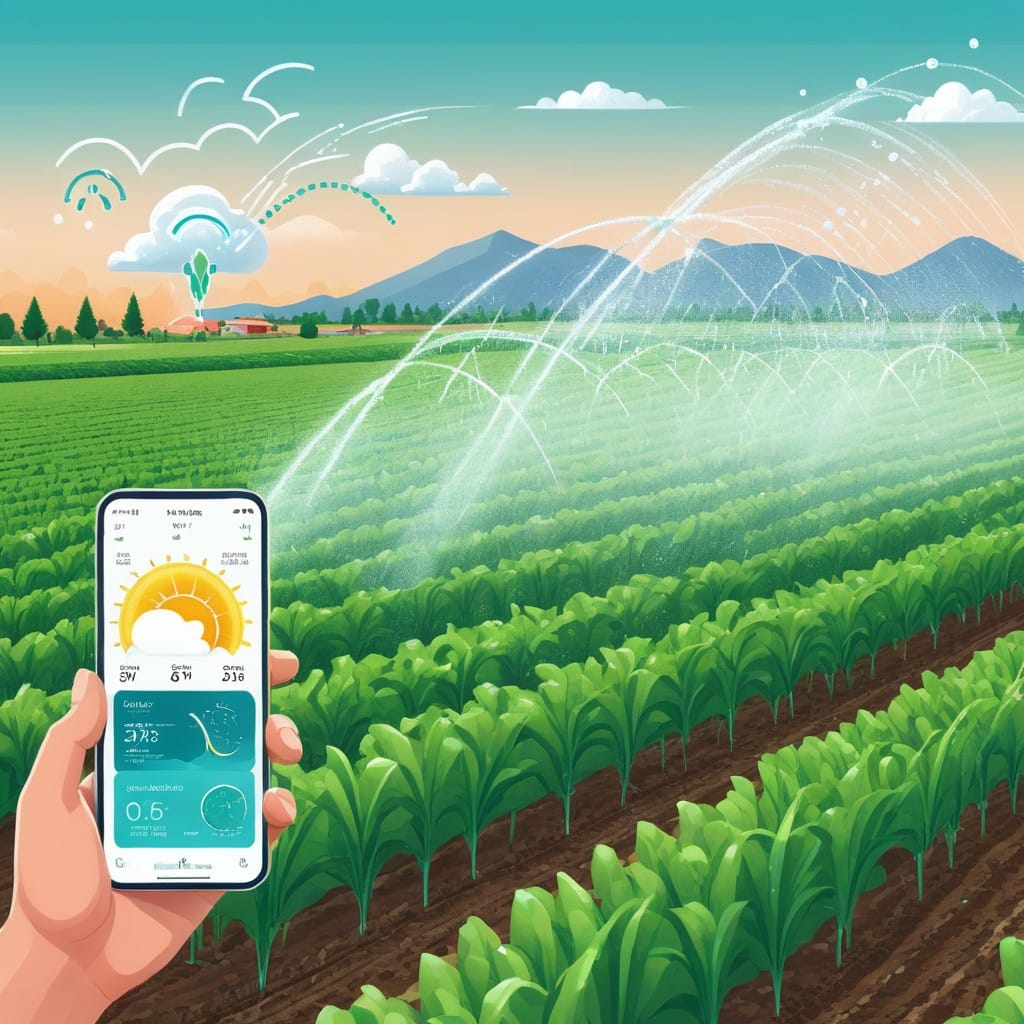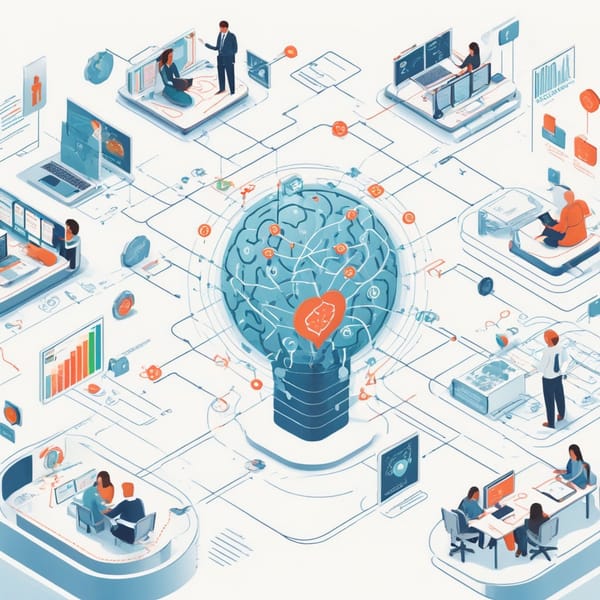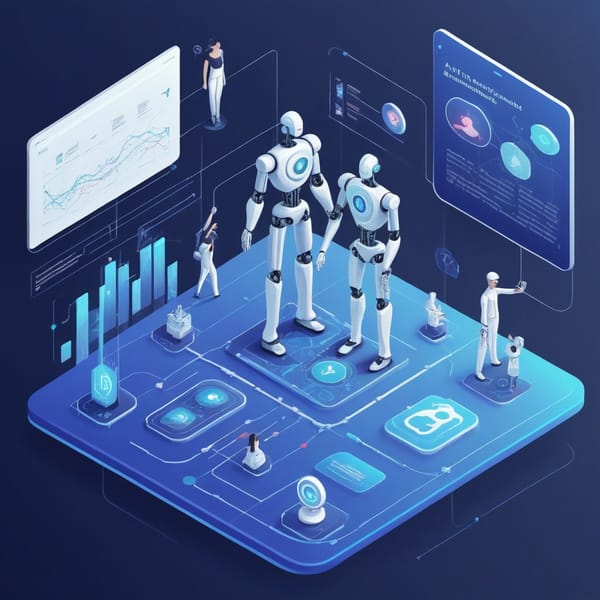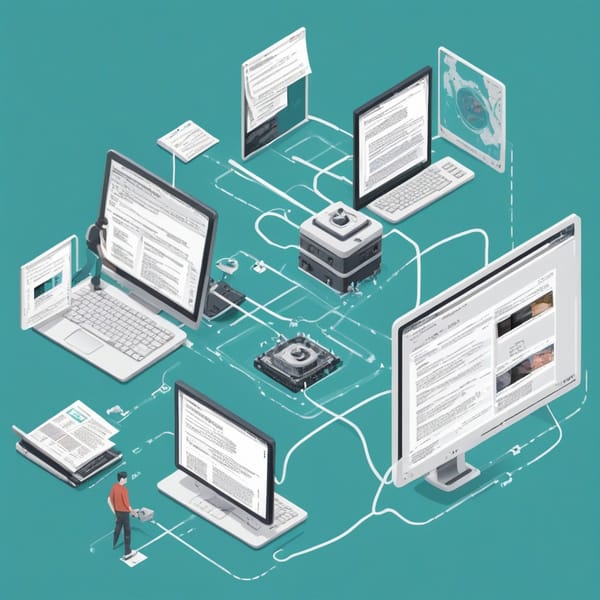AI-Powered Weather Forecasts: Revolutionizing Smart Irrigation in Agriculture

Agriculture has always been heavily dependent on weather conditions, and with climate change introducing more unpredictability, farmers face growing challenges in water management. Traditional irrigation methods often lead to overwatering or underwatering, wasting precious resources and reducing crop yields. Enter AI-powered weather forecasts—a game-changer for smart irrigation systems that optimize water usage, boost efficiency, and enhance sustainability in farming.
The Role of AI in Weather Forecasting
Artificial Intelligence (AI) has transformed weather prediction by analyzing vast amounts of meteorological data with unprecedented speed and accuracy. Unlike conventional models that rely on historical trends, AI leverages machine learning (ML) algorithms to process real-time data from satellites, weather stations, and IoT sensors. These models detect patterns, predict short- and long-term weather changes, and provide hyper-local forecasts tailored to specific farm locations.
By integrating AI-driven forecasts into irrigation systems, farmers can make data-backed decisions on when and how much to water their crops. This precision reduces water waste, lowers energy costs, and minimizes environmental impact.
How Smart Irrigation Systems Work with AI
Smart irrigation systems combine AI weather predictions with soil moisture sensors, crop water requirements, and evapotranspiration rates to automate watering schedules. Here’s how the process works:
- Data Collection – Sensors in the field gather real-time data on soil moisture, temperature, humidity, and rainfall.
- AI Analysis – Machine learning models process this data alongside weather forecasts to predict future conditions.
- Automated Adjustments – The system dynamically adjusts irrigation schedules, ensuring crops receive the right amount of water at the right time.
- Farmer Alerts – Farmers receive notifications via mobile apps, allowing them to override settings if needed.
For example, if AI predicts heavy rain in the next 24 hours, the system can delay irrigation, preventing waterlogging and nutrient runoff. Conversely, during a dry spell, it increases watering to maintain optimal soil conditions.
Benefits of AI-Powered Smart Irrigation
1. Water Conservation
Agriculture accounts for nearly 70% of global freshwater withdrawals. AI-driven irrigation can reduce water usage by up to 30%, preserving this critical resource for future generations.
2. Increased Crop Yields
Overwatering can drown roots, while underwatering stresses plants. AI ensures precise irrigation, improving crop health and boosting yields.
3. Cost Savings
By minimizing water and energy waste, farmers cut operational expenses. Smart systems also reduce labor costs associated with manual irrigation.
4. Climate Resilience
With AI’s ability to adapt to changing weather patterns, farms become more resilient to droughts, floods, and extreme temperatures.
5. Sustainability
Reducing water waste and chemical runoff supports eco-friendly farming practices, aligning with global sustainability goals.
Real-World Applications
Several agritech companies and research institutions are already harnessing AI for smart irrigation:
- IBM’s Watson Decision Platform for Agriculture uses AI to provide farmers with weather insights and irrigation recommendations.
- CropX combines soil sensors with AI to optimize water usage in fields.
- The University of California, Davis has developed AI models that predict irrigation needs for vineyards, improving grape quality while conserving water.
The Future of AI in Agriculture
As AI and IoT technologies advance, smart irrigation systems will become even more precise and accessible. Future innovations may include:
- Drone-assisted monitoring for large-scale farms.
- Blockchain integration to track water usage and sustainability metrics.
- AI-powered pest and disease prediction alongside irrigation management.
Conclusion
AI-powered weather forecasts are revolutionizing agriculture by enabling smarter, more efficient irrigation. By leveraging real-time data and predictive analytics, farmers can conserve water, reduce costs, and enhance productivity—all while combating the challenges posed by climate change. As technology continues to evolve, the marriage of AI and agriculture promises a more sustainable and food-secure future.
For farmers looking to stay ahead, adopting AI-driven smart irrigation isn’t just an option—it’s a necessity.



